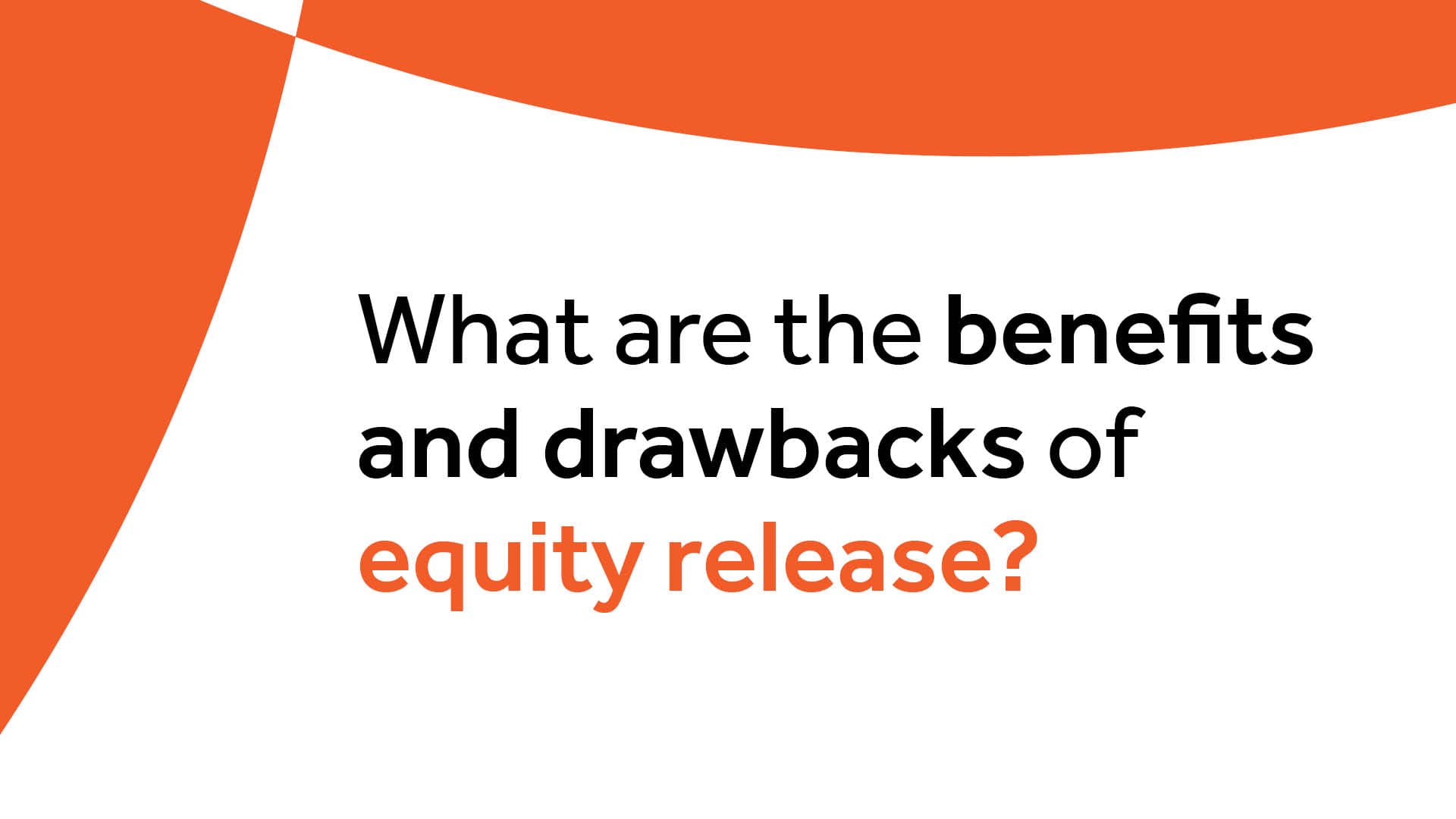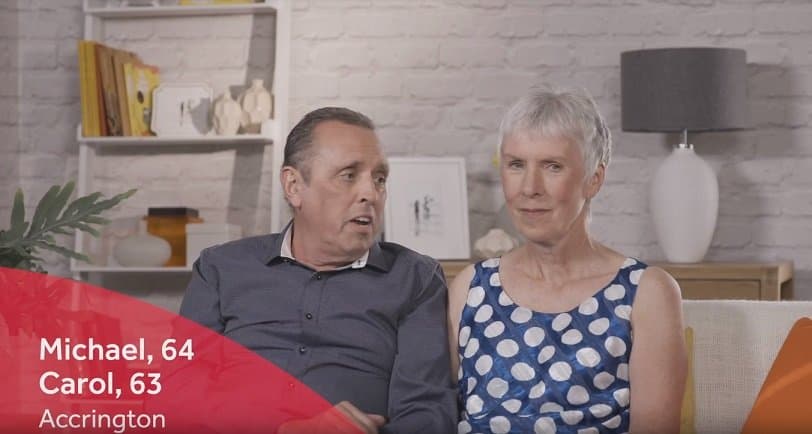Yes, with a lifetime mortgage, you will still own your home.
You borrow against your home’s value while retaining ownership and the right to live there for as long as you wish. The loan is typically repaid when the property is sold, usually after you or your partner pass away or move into long-term care. Learn more about owning your home with equity release in our guide.
It’s important to note that a lifetime mortgage does reduce the value of your estate, but you maintain full ownership of your home throughout the process.
We use some essential cookies to make our website work properly.
We’d also like to set additional cookies to help us improve our website, tailor marketing and provide a more personal experience.




